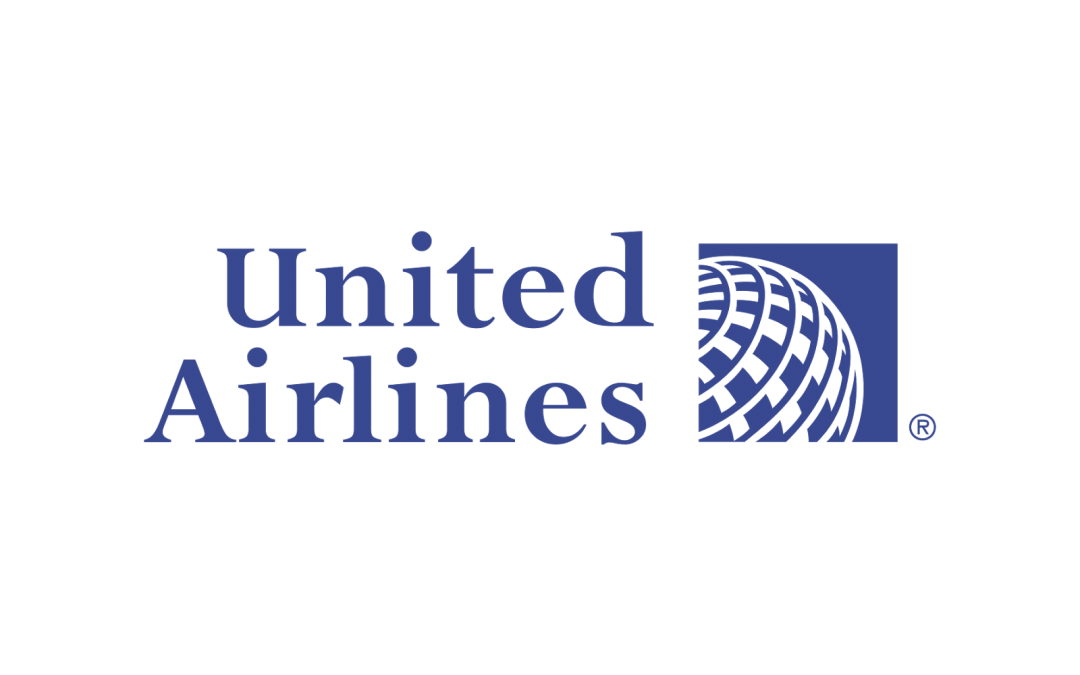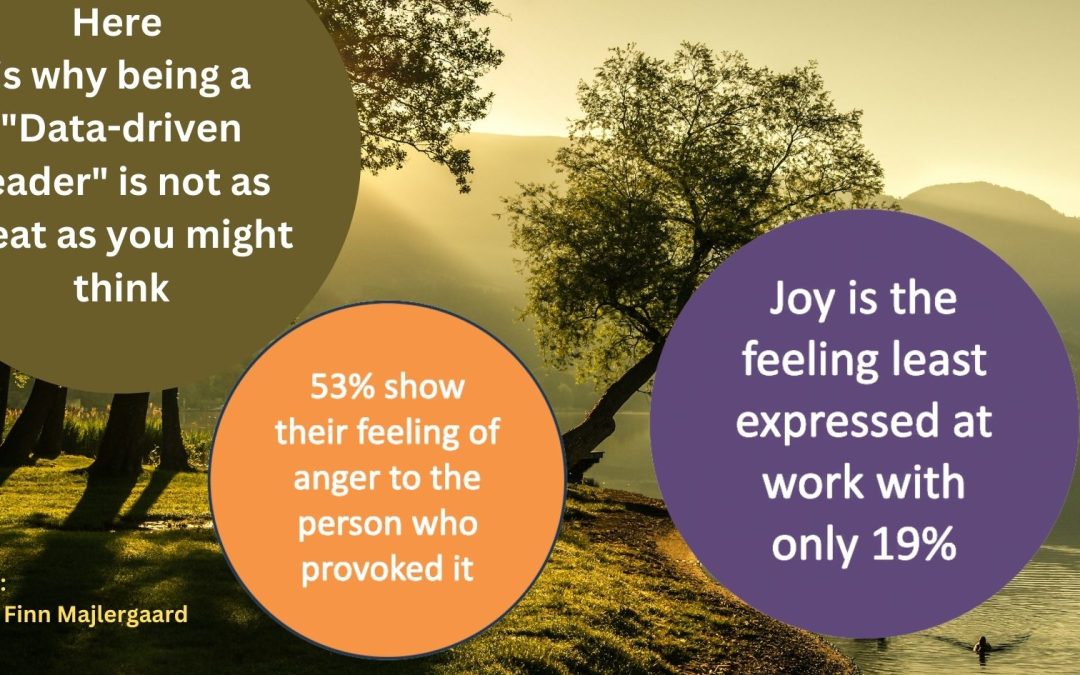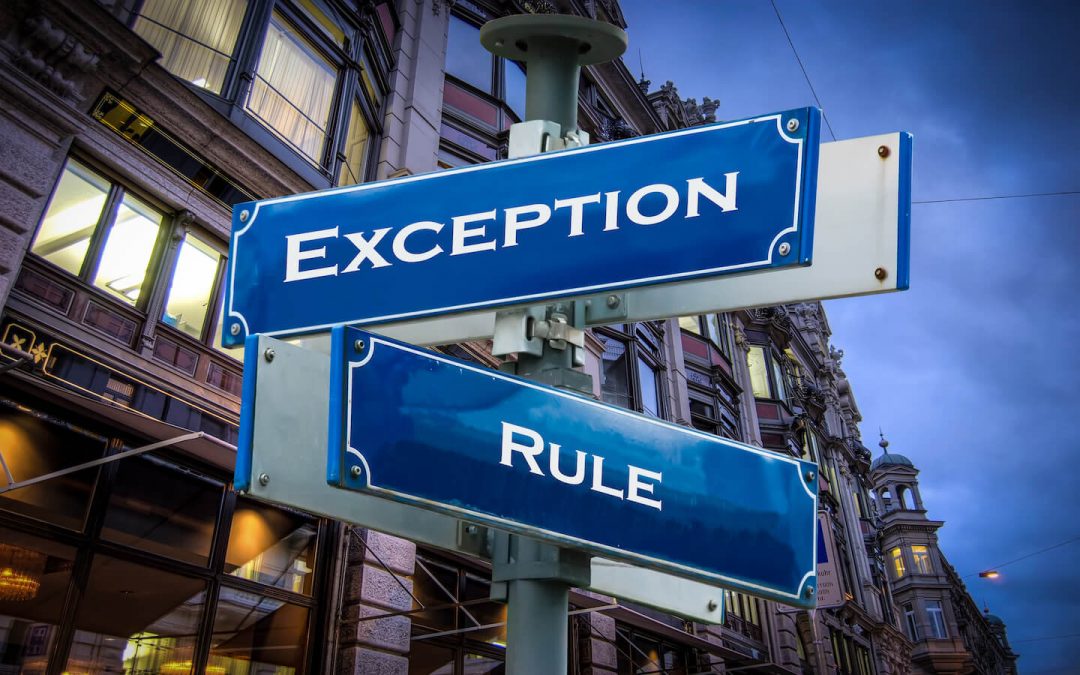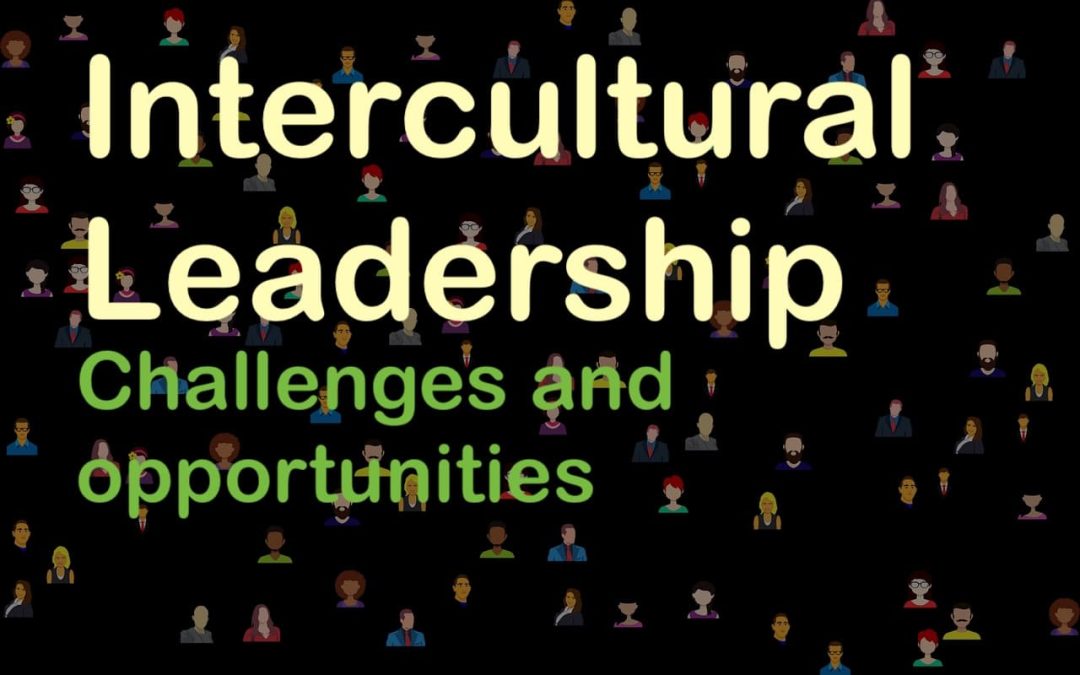Leveraging Culture through Core Competences: A Bold Strategic Shift
This article explores what can unfold when an organisation examines its corporate culture and core competences with a truly open mind. It is also about having the courage, as a leader, to make bold decisions that fully leverage those core competences in support of long-term success.
A European bank approached Gugin with a request to help align its corporate culture with newly defined strategic objectives. Having recently undergone a merger, the bank—like many organisations in similar situations—was experiencing some cultural friction. Post-merger integration often reveals tension points, but during our initial assessment, we found no severe problems. That in itself was a pleasant surprise.
This allowed us to shift our focus towards designing a new company culture that could harness the core competences of the merged organisations and support the bank’s strategic vision. Gugin initiated its standard dual-assessment process.
The first phase involved our Cultural Due Diligence process, which provides a comprehensive quantitative and qualitative analysis of an organisation’s culture. In this case, we mapped the ‘cultural DNA’ of both legacy banks, and also constructed a third—an aspirational cultural DNA representing the values and behaviours required to deliver on the bank’s strategy.
Comparing the three cultural DNAs revealed significant gaps. The cultural differences between the two merged entities were manageable. However, the gap between the current cultures and the desired culture was alarmingly large.
We presented our findings to the executive team, recommending that we complete the second phase—our Organisational Effectiveness Assessment—before drawing conclusions. Some leadership voices began expressing regret over the merger, believing they had focused too narrowly on cost synergies and market expansion while underestimating the cultural implications.
Nonetheless, we agreed not to act prematurely. The Organisational Effectiveness Assessment aims to identify ‘cultural friction’—situations where processes, systems, or norms hinder people from doing the right thing. For example, if a company claims to prioritise customer service but rewards only financial performance, cultural friction results. It’s the organisational equivalent of driving with one foot on the accelerator and the other on the brake.
As the assessment progressed, it evolved beyond internal boundaries. We included select customers in the process to gain an external perspective on cultural alignment.
The Big Gap in Core Competence
When asked what they believed their core competence was, the bank’s senior leadership pointed to technical banking skills and product-specific expertise. When pressed on how they validated that view, the response was simply, “Because we are a bank.”
We shared an unexpected insight: their core competence wasn’t banking. It was customer relationship management. Our cultural and organisational assessments, together with customer feedback, painted a consistent picture—one of employees striving to deliver outstanding customer service despite clunky systems and lack of product knowledge. The culture was deeply customer-centric, not driven by rigid rules but by long-held values and relationships.
This revelation posed a cultural dilemma: should the bank remain anchored in traditional banking operations, or pivot to embrace and enhance its true core competence?
The Courageous Decision
Initially, the bank intended to outsource back-office operations, including call centres. But as we explored the strategic options, we debated an even more radical path—outsourcing the banking operation itself and focusing entirely on their customer-centric strengths.
At that time, it felt too bold to suggest. But just one week later, the executive team made the daring decision to do exactly that: they would outsource their core banking operations to a white-label provider, a global player with cutting-edge systems. This would allow them to channel their energy and talent into what they did best—building deep, human, customer relationships. That was their core competence, and it was one no competitor could easily replicate.
The Outcome
Migrating to a third-party banking platform was technically complex and, at times, painful. But the transition succeeded. At the same time, Gugin guided the organisation through a cultural transformation that aligned seamlessly with their new strategic positioning. With friction reduced and clarity restored, energy surged back into the organisation.
Challenges remained—naturally—but they were manageable. And crucially, because the transformation preserved and celebrated the company’s strongest cultural values and core competences, the majority of employees and leaders chose to stay. Their commitment helped smooth the transition and embedded a new, unified culture built around authenticity and strength.
In the end, this bold decision redefined the bank—not by abandoning its past, but by rediscovering its true core competences and making them the centrepiece of its future.
Action Points: Discover and Leverage Your Real Core Competence
-
Reach out to Gugin to assess whether your organisation’s perceived strengths align with your actual core competences.
-
Let us help you evaluate how well your corporate culture supports your long-term strategic goals.
-
Use our Cultural Due Diligence and Organisational Effectiveness Assessments to uncover hidden value and reduce cultural friction.
-
Understand how your core competences can become your unique competitive advantage—something no one else can replicate.
-
Transform uncertainty into opportunity by aligning your culture, strategy, and operations around what you truly do best.
How can Gugin help you discover your organisation’s true core competencies?
It is only natural we assume that a company’s products and services are its core competencies. Often it is, but not always as we have just learned. Gugin has helped a lot of companies around the world discover their true core competencies. The companies, where we find that their core competencies are not directly associated with their products or services, all have one thing in common. Things have changed. Their product or service used to be their core competencies but changes in the external environment have moved the company in a new direction.
A cultural due diligence is a good start
We always start by conducting a Cultural Due Diligence on the organisation. It is a process and a tool developed by Gugin over the past 20 years, whose purpose is to identify the core values of the organisation – in short, the cultural DNA of your organisation. They are usually not the values you see in the corporate presentations, but the true values that drive the decision processes, the attitude towards employees and customers, etc. These values change gradually over time because any organisation has to adapt to the external environment.
You become good at what is valued. So your core competencies in your organisation are closely linked to your organisation’s true values. When we have identified the true values via the cultural due diligence we will look at how the supporting behaviour is, how the surrounding systems are, etc.
Then we have an excellent foundation for identifying the core competencies – the things you do better than anyone else.
The last part of the process is a discussion with the leadership team on what they will do next. When there is a gap between what you think you are good at and what you in reality is good at you have to make a choice.
You either have to choose to strengthen what you are really good at and get someone else to do you the rest or you have to develop your corporate culture and develop your core competencies so you become good at something else.
The only option you shouldn’t choose is to keep on pretending you think you know what your core competencies are before you have verified it.

Dr Finn Majlergaard
CEO Gugin, Professor, Keynote Speaker, Author
- We align your corporate culture with your strategy.
- We take you safely through major changes in your organisation.
- We develop the crucial cultural intelligence in your organisation by training your employees and leaders
- We help you develop a competitive advantage with a unique corporate culture
Gugin has helped more than 600 companies around the world creating a winning corporate culture.

United Airlines corporate culture – a patient to be examined
United Airlines has learned the hard way what a rotten company culture can do to your valuation. But can they change? Probably not

“Data-driven leader” is not as great as you might think
Many are bragging about being a data-driven leader . This article explains why that isn’t a good idea. Learning emotional intelligence is needed

Managing exceptions :: The key to excellent performance
Managing exceptions is an often overlooked leadership skill. But done right it can save your organisation a lot of time and money

Intercultural Leadership – Challenges and Opportunities
Intercultural Leadership is challenging to most managers. This article outlines 3 of the challenges and suggests how you can deal with them

How working from home may damage your company culture
Working from home can have many advantages, but it can also damage your company culture if you aren’t careful
